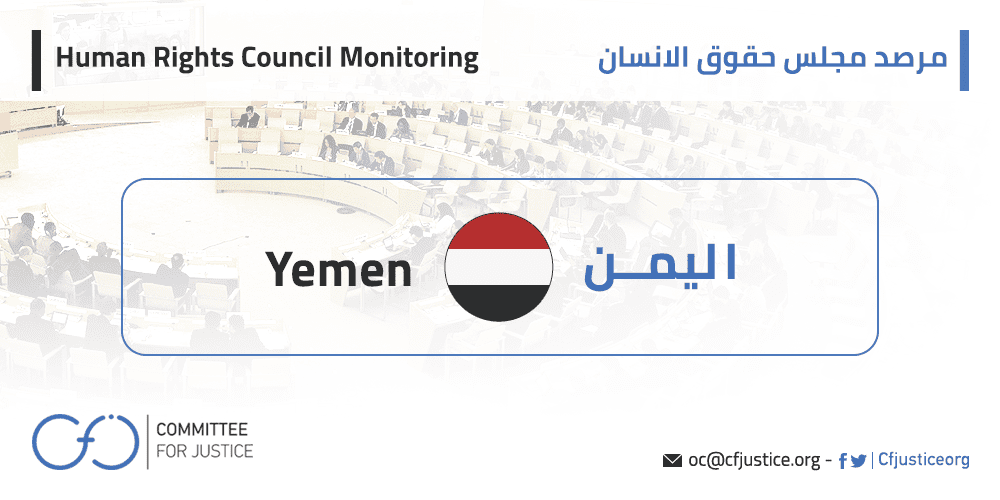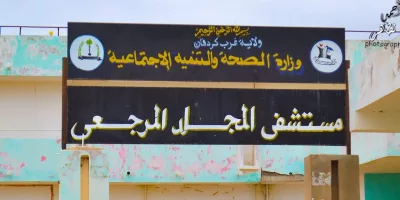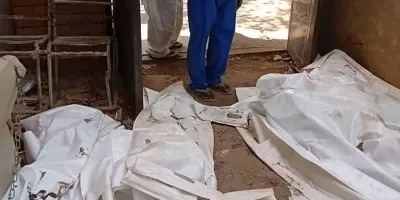News briefing
Translated and edited by: Committee for Justice
Geneva: 18 June 2021
The Spokesperson of the UN High Commissioner for Human Rights, Liz Throssell, has expressed her grave concern about the continued impact of the fighting on civilians in Yemen, and the continued targeting of civilian objects in the Marib governorate, which the Houthi forces, also known as Ansar Allah, have been seeking to seize from the Yemeni government for several months.
Attacks on civilians:
On June 10, a civilian complex that included the governor’s office, a local branch of the Ministry of Planning, the police headquarters, a mosque and a women’s prison, was hit by what are believed to have been missiles, and possibly also an explosive-laden drone, launched by Houthis. As a result, eight civilians, all policemen, were killed, and 30 civilians were injured, including a woman whose house is near the complex. Three ambulances that responded to the first attacks were damaged by the drone explosion, and two ambulance staff were injured.
Days earlier, on June 5, a gas station intended for authorized military and civilian personnel, located inside a government military base near the city, was hit by a missile, which the Houthi forces said they had launched. According to the government, the raid on what it described as civilian objects killed 21 people, including civilians.
Commenting on the attacks, Throssell said: “We are not in a position to identify each civilian death but have been able to verify that a five-year-old girl and a boy aged 13, who were in cars with their relatives at the location, were among those killed. On Wednesday night, the same base was again struck by missiles but there were no casualties or damage.”
“Hostilities and violence in other parts of Yemen also continue to claim civilian victims. On 11 June, a suicide bomber on a motorbike blew himself up in the vicinity of a group of soldiers at a market in the southern coastal city of Zinjibar, in Abyan Governorate, some 60km east of Aden. The soldiers bore the brunt of the blast, with seven killed and 22 injured, but three civilians were also injured,” Throssell added.
The need to respect international obligations:
Throssell called on all parties to the conflict to respect their obligations under international humanitarian law, including their obligation to respect the principles of distinction, which prohibit targeting civilians and civilian objects and infrastructure, as well as the principles of proportionality and precautions in attack.
“Parties to the conflict must also take all feasible precautions to protect civilians under their control from the effects of attacks. This includes the obligation to avoid locating military objectives in populated areas and to remove civilians from the vicinity of such objects, to the extent feasible,” she stressed.
The necessity of conducting investigations and returning to negotiations:
Throssell also called on all parties to the conflict to ensure a meaningful investigation into any attacks that lead to the killing of civilians and the destruction of civilian infrastructure, noting that victims of indiscriminate killing, including killings that amount to war crimes, have a right to justice, and the perpetrators of such acts, regardless of affiliation, must be duly held to account.
The spokesperson for the UN High Commissioner urged all parties to return to the negotiating table and agree to a nationwide ceasefire, stressing that this conflict can only be ended through a political solution, avoiding politicization of humanitarian assistance and allowing the import of goods that civilians need without any obstacles.






